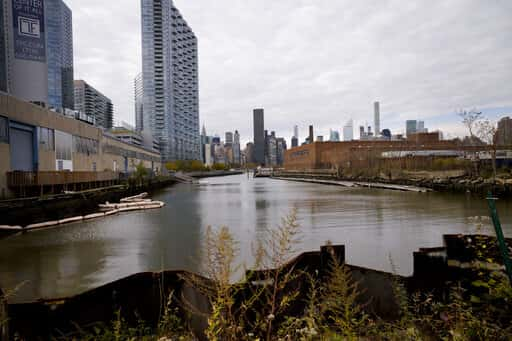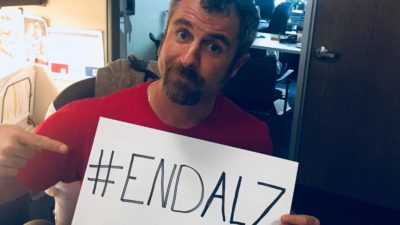NEW YORK (AP) — Amazon will not take advantage of a federal program offering massive tax breaks when it builds headquarters in New York City.
The internet shopping giant told the New York City Council this week that it had no plans to directly benefit from the Opportunity Zone program offering cuts on federal capital gains taxes as a way to spur development in downtrodden areas.
Parts of the Long Island City neighborhood, including the site of Amazon planned offices, were designated as one of 8,700 high-unemployment, low-income zones around the country that qualify for the new tax incentives under the 2017 federal tax overhaul.
While Amazon doesn’t intend to tap the tax breaks, developers and investment funds associated with headquarters could still do so.
Some critics say the Opportunity Zone program is badly designed because Long Island City and many other zones are already gentrifying and would have attracted private investment without the breaks.
At Wednesday’s City Council hearing, Councilman Jimmy Van Bramer said he didn’t think Long Island City needed the tax incentives, then asked an Amazon official there whether it was a coincidence that the neighborhood was designated an Opportunity Zone around the time the company was considering the area for its headquarters.
Amazon’s top site negotiator Holly Sullivan responded, “I can’t talk to the designation of the Opportunity Zone … but we will not be using the Opportunity Zone on this project.”
The designations of zones were left up to the states, with final approval from the U.S. Treasury Department.
The Opportunity Zone program allows investors and developers to delay paying federal taxes on capital gains from other older investments for up to seven years if they plow that money into projects and businesses in the designated areas. And taxes when they do pay are significantly reduced. In addition, any gains from the new zone projects or business after seven years will not face federal capital gains taxes at all.
An Urban Institute study of the program’s list of more than 8,700 opportunity zones found that nearly a third were already gentrifying, based on such factors as rent increases and the percentage of college-educated residents.
The census tract where Amazon is moving has a poverty rate half that for all of New York City. The typical household in the tract makes $130,000 a year — double the city median.
—
AP Retail Writer Joseph Pisani contributed to this report.





